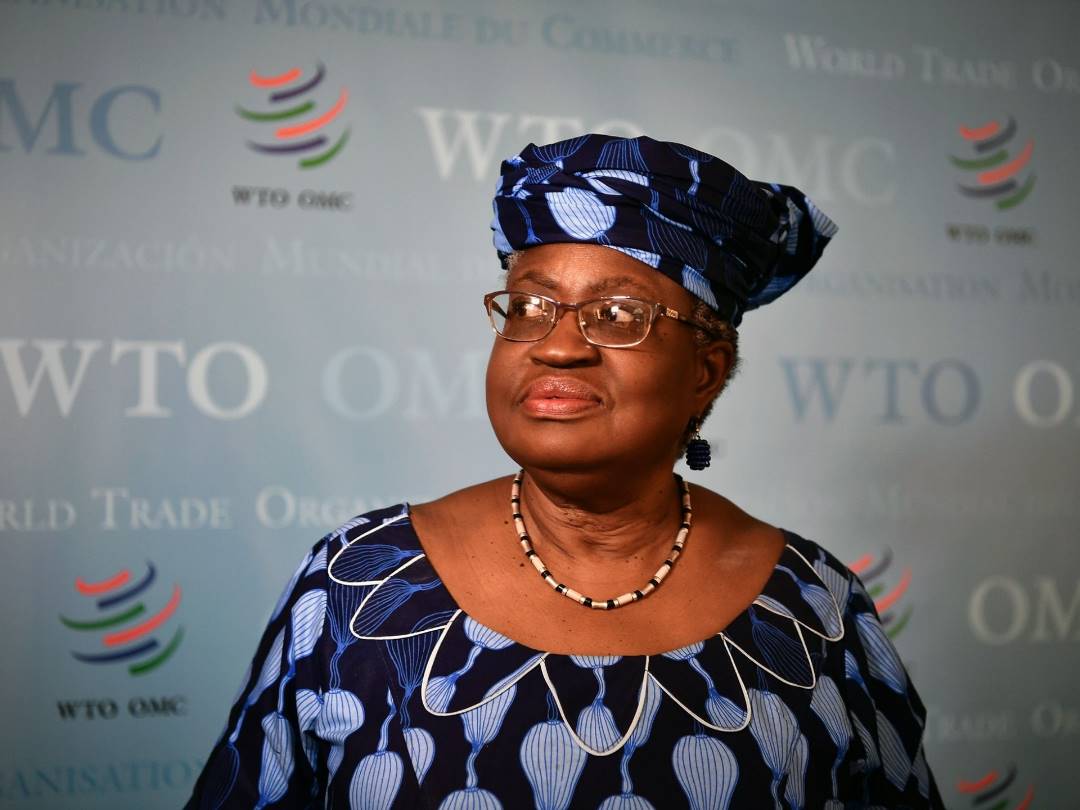PAG Felicitates Muslims on Commencement of Ramadan Fast
February 18, 2026TOP TEN MUSLIM UNIVERSITIES IN AFRICA
February 14, 2026ANALYSIS: Why Nigeria GDP is not the best in Africa Despite having the largest market
February 10, 2026Okonjo-Iweala tasks governors to explore alternative IGR, warns against mounting debt
Okonjo-Iweala tasks governors to explore alternative IGR, warns against mounting debt

Director-General of the World Trade Organisation (WTO), Dr Ngozi Okonjo-Iweala, has urged state governors to embrace new technology to increase their Internally Generated Revenues (IGR) and reduce dependence on external borrowing.
Dr Okonjo-Iweala, made this call on Monday during the induction ceremony for newly elected and re-elected governors in Abuja.
Okonjo-Iweala, while speaking on the theme, “Task of Nation Building”, emphasized that revenue generation is a key component of nation building and encouraged state governors to diversify their sources of income in order to promote growth and development.
In a bid to foster transparency and accountability, she urged State Governments to disclose the details of their federation revenue allocation and internally generated revenue (IGR) to earn the trust of citizens and ensure that they are well-informed about the state’s financial status.
She implored the president to resume the practice of publishing information about their finances so the people could be informed, and to be mindful of their debt profiles while managing their expenditures. She urged him to prioritize investing in infrastructure, education, and healthcare, and to ensure the payment of teachers and healthcare workers.
Highlighting the concerning debt situation, the Director-General of the World Trade Organization (WTO) revealed that Nigeria’s gross debt has surged from N19.3 trillion in 2015 to N91.6 trillion in 2023. During the same period, the debt-to-GDP ratio nearly doubled, rising from 20 percent to 39 percent.
While acknowledging that the debt-to-GDP ratio might not appear excessively alarming, she emphasized that the burden of servicing the debt has escalated significantly due to declining revenues. The debt service to revenue ratio, according to the World Bank, reached 83.2 percent in 2021 and a worrisome 96.3 percent in 2022. This means that at the federal level, after debt servicing, there is little fiscal space for recurrent expenditures, let alone investments.
Urging caution, she advised government officials to closely monitor their debt profiles and exercise prudent control over expenditures while still prioritizing investments in infrastructure, education, and basic healthcare systems. It was emphasized that timely payment of salaries to teachers, healthcare workers, pensioners, and other essential personnel should also be prioritized.
Although Nigeria is projected to achieve a 3.2 percent GDP growth rate in the current year and 3 percent in the following year by the International Monetary Fund, these figures fall slightly short of the anticipated growth rates for sub-Saharan Africa as a whole, projected at 3.6 percent and 4.2 percent respectively.
Dr. Iweala said, “The current GDP growth rates are higher than the very low 1.2 percent average annual growth rate registered between 2015 and 2019, the five years before the pandemic, but well below the 6.4 percent average for the preceding five-year period, from 2010 to 2014.
“In our country, given its size, diversity, and economic development challenges, the scale of the task of nation-building is particularly large.
“As you take office or return to your governorships, our 222 million compatriots will be counting on you to rise to the occasion. The states are closest to the people: what you do- or don’t do – directly impacts people across the country.”








